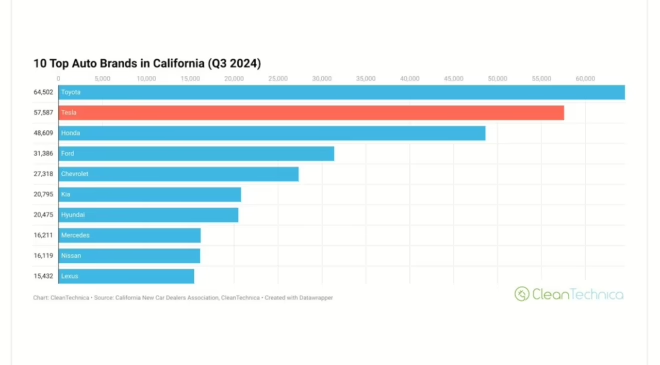
Here are five things you didn’t know about this post-Christmas holiday.
Article content
Racing around the mall hunting for deals, packing up Christmas decor, or lounging around and eating leftovers, there’s no bad way to spend Boxing Day. Here are five things you didn’t know about this post-Christmas holiday.
It’s not named for boxing up Christmas decor
Though packing up stockings and ornaments is what some people do on Boxing Day, that’s not where the holiday gets its name.
Advertisement 2
Story continues below
Article content
There are two possible sources of the name. The boxes on Boxing Day could refer to the alms boxes placed in churches in the Middle Ages to coincide with the Feast of St. Stephen, which takes place on Dec. 26.
However, Boxing Day likely gets its name from 17th-century England, when household servants, who worked Christmas Day and were given Dec. 26 off to visit their families, customarily received boxes with gifts, gratuities and sometimes leftovers from their employers.
It’s not the busiest shopping day
Boxing Day is busy for retailers, but it’s not the biggest shopping day of the year. The lead-up to Christmas Day, particularly the Friday and Saturday before Dec. 25, are the busiest times for stores, said retail analyst Bruce Winder.
“Last Friday, Dec. 20, was the peak. It’s been like that for several years now,” he said.
Boxing Day is still important for retailers, Winder said, but it’s been declining in relevance since Black Friday, the retail holiday immediately after U.S. Thanksgiving in November, started gaining traction in Canada around 2009.
“The Canadian dollar was really strong back then,” Winder said. “A lot of Canadians were running across the border to shop. So Canadian retailers responded by starting their own Black Friday deals.”
Article content
Advertisement 3
Story continues below
Article content
But the impact of Black Friday in Canada’s retail sector is dispersed over many days, Winder said, from pre-Black Friday sales to cyber Monday.
While it doesn’t draw the same crowds it did decades ago, Dec. 26 is still useful for retailers because it allows them to clear out seasonal merchandise, Winder said.
The GST break from the federal government, which came into effect Dec. 14, may also give this Boxing Day a bump, he said.
It’s not a paid, public holiday for everyone
Boxing Day is only a paid, statutory holiday in Ontario, New Brunswick and for federally regulated employees. Most workers in Ontario are entitled to take Dec. 26 off work and are paid public holiday pay, pursuant to the Employment Standards Act.
Though many businesses close, Dec. 26 is not a paid, public holiday in British Columbia, Saskatchewan, Manitoba, Quebec, Nova Scotia, Newfoundland or Prince Edward Island.
In Alberta, Boxing Day is considered an optional holiday that employers can choose to recognize. If the business does observe Boxing Day as a holiday, all employment standards rules on holiday pay apply.
Advertisement 4
Story continues below
Article content
It’s only a Commonwealth thing
United Kingdom, Australia, New Zealand, Nigeria, Trinidad and Tobago and Hong Kong all treat Boxing Day as a public holiday.
But Boxing Day isn’t observed in every country with historic links to the British empire. India does not celebrate Boxing Day as a holiday and South Africa observes the Day of Goodwill on Dec. 26, not Boxing Day.
It coincides with St. Stephen’s Day
Dec. 26 is an important day in the Western Christian tradition, as faithful around the world celebrate St. Stephen, the first Christian martyr, who was stoned to death in 36 A.D.
St. Stephen’s Day is a public holiday in much of Europe, including Austria, Croatia, Denmark, Estonia, Finland, Germany, Hungary, Ireland and Sweden. St. Stephen’s Day, also called the Feast of Saint Stephen, is mentioned in the English Christmas carol Good King Wenceslas.
Recommended from Editorial
Article content







Comments